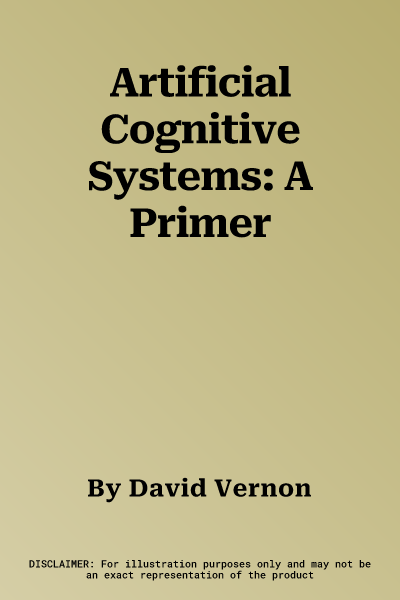A concise introduction to a complex field, bringing together recent
work in cognitive science and cognitive robotics to offer a solid
grounding on key issues.
This book offers a concise and accessible introduction to the emerging
field of artificial cognitive systems. Cognition, both natural and
artificial, is about anticipating the need for action and developing the
capacity to predict the outcome of those actions. Drawing on artificial
intelligence, developmental psychology, and cognitive neuroscience, the
field of artificial cognitive systems has as its ultimate goal the
creation of computer-based systems that can interact with humans and
serve society in a variety of ways. This primer brings together recent
work in cognitive science and cognitive robotics to offer readers a
solid grounding on key issues.
The book first develops a working definition of cognitive systems--broad
enough to encompass multiple views of the subject and deep enough to
help in the formulation of theories and models. It surveys the
cognitivist, emergent, and hybrid paradigms of cognitive science and
discusses cognitive architectures derived from them. It then turns to
the key issues, with chapters devoted to autonomy, embodiment, learning
and development, memory and prospection, knowledge and representation,
and social cognition. Ideas are introduced in an intuitive, natural
order, with an emphasis on the relationships among ideas and building to
an overview of the field. The main text is straightforward and succinct;
sidenotes drill deeper on specific topics and provide contextual links
to further reading.

